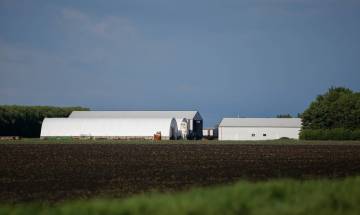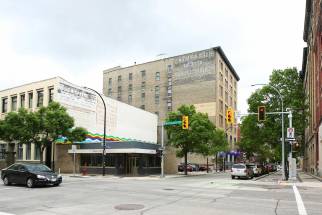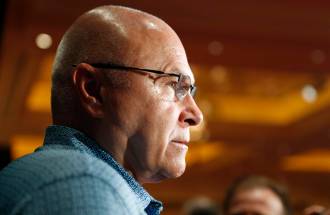Furtive, COVID rule-breaking ‘shed’ church reveals tax-benefit aspirations One of at least two southern Manitoba pandemic-born congregations still conducting clandestine farm services plans to elect board of elders, prepare financial statements
Read this article for free:
or
Already have an account? Log in here »
To continue reading, please subscribe:
Monthly Digital Subscription
$0 for the first 4 weeks*
- Enjoy unlimited reading on winnipegfreepress.com
- Read the E-Edition, our digital replica newspaper
- Access News Break, our award-winning app
- Play interactive puzzles
*No charge for 4 weeks then price increases to the regular rate of $19.00 plus GST every four weeks. Offer available to new and qualified returning subscribers only. Cancel any time.
Monthly Digital Subscription
$4.75/week*
- Enjoy unlimited reading on winnipegfreepress.com
- Read the E-Edition, our digital replica newspaper
- Access News Break, our award-winning app
- Play interactive puzzles
*Billed as $19 plus GST every four weeks. Cancel any time.
To continue reading, please subscribe:
Add Free Press access to your Brandon Sun subscription for only an additional
$1 for the first 4 weeks*
*Your next subscription payment will increase by $1.00 and you will be charged $16.99 plus GST for four weeks. After four weeks, your payment will increase to $23.99 plus GST every four weeks.
Read unlimited articles for free today:
or
Already have an account? Log in here »
Hey there, time traveller!
This article was published 16/06/2022 (1271 days ago), so information in it may no longer be current.
Clandestine churches that formed in southern Manitoba to evade COVID-19 public-health orders are still holding services, with signs one might seek tax-exempt charitable status, the Free Press has learned.
At least two groups held regular Sunday services in farm sheds or machinery shops in the Rural Municipality of Stanley amid capacity limits for indoor gatherings and face mask and vaccine mandates.
Known as “shed churches,” both have carried on meeting since the province lifted all of its remaining COVID rules in March, a source said.
Located south of Winkler, the Christian churches were an open secret in the region, where residents still refer to them by nicknames based on the farm owners’ last names.
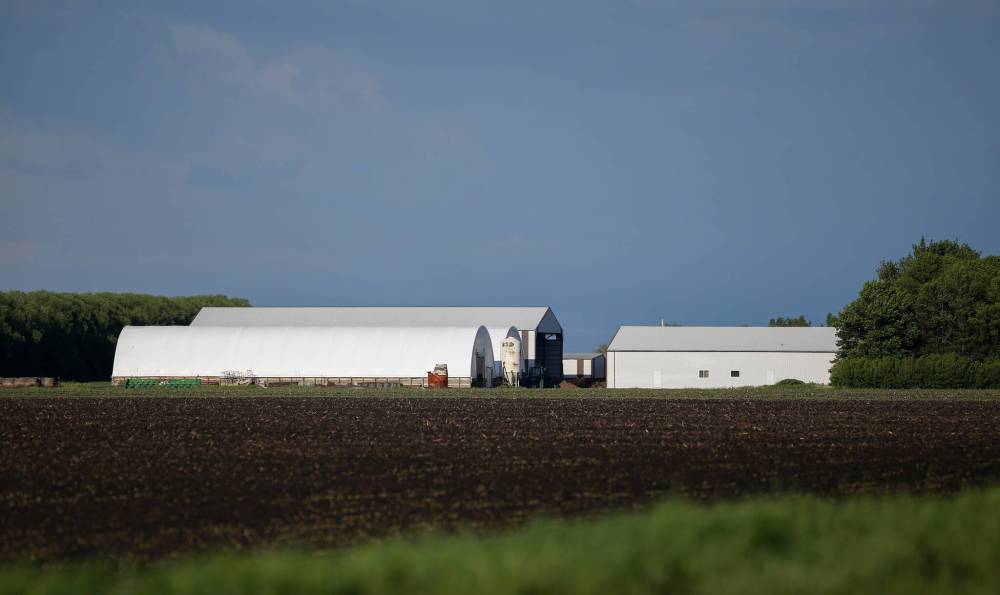
One of the property owners, near the village of Reinland, declined to discuss whether his farm has been used for church services.
“If we’ve learned anything, it’s to keep cards close, and we’ll keep doing that,” he said.
The man said he “wouldn’t be comfortable” indicating whether the church has become permanent.
“We do what we feel we’re led to do,” he said.
“If we’ve learned anything, it’s to keep cards close, and we’ll keep doing that.” – Property owner
Formally, the other group calls itself Country Harvest Church, with sources saying it has held services on a farm near the hamlet of Haskett, just west of Highway 32 close to the Canada-U.S. border.
In an online audio recording of a Feb. 27 service, a leader told members the church is trying to find a new home, a “big challenge.”
Country Harvest is planning to elect a board of elders, according to its website and recordings of weekly sermons.
One role is a treasurer who can “follow the donors’ wishes” and prepare financial statements in line with “practices for charitable organizations,” states the website, which doesn’t list the names of pastors, an address or a phone number for the church.
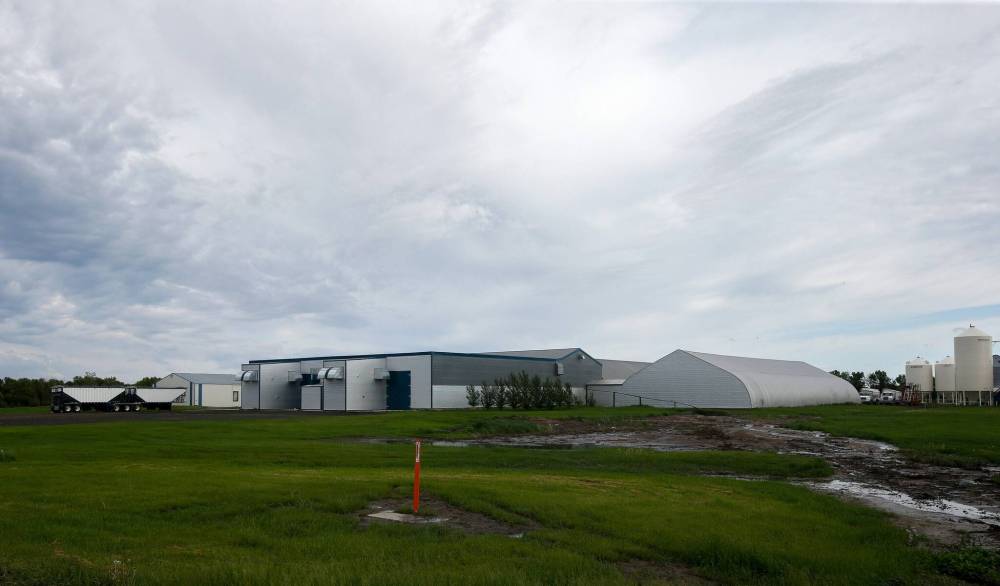
Churches that register as non-profits with Ottawa are exempt from federal income and municipal property taxes.
“Boards of elders are the things you see in established churches,” said Prof. Neil McArthur, director of the University of Manitoba’s Centre for Professional and Applied Ethics. “It indicates they want to be a real church.”
McArthur predicted “the public reaction is going to be quite negative” if the Canada Revenue Agency was to grant charitable status to a church that formed in defiance of COVID-19 rules.
However, Canadians have the right to form churches, and they shouldn’t be penalized “because something isn’t popular,” the ethicist said.
“Cooler heads should prevail,” said McArthur.
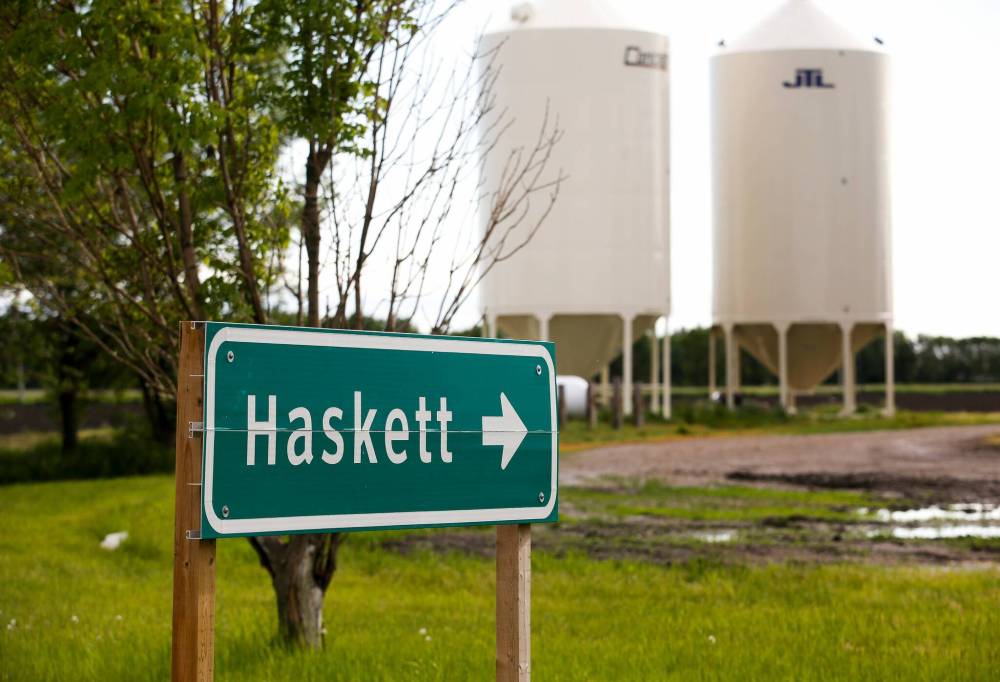
In December, sources told the Free Press the farms were holding services attended by worshippers numbering from dozens to hundreds, and that some participants were not wearing face masks or gathering in small cohorts.
Winkler and Stanley were at the epicentre of public opposition to COVID-19 health orders and mask and vaccine mandates, which caused a divide in the communities. Stanley had the lowest vaccination uptake of Manitoba municipalities, followed by Winkler.
Anti-mandate sentiment popped up during recordings of some Country Harvest services.
On May 8, worshippers were asked to pray for a woman who went to a hospital with “double pneumonia.”
“While they’re waiting in the room, the doctor came in with a syringe and said, ‘We’re going to give you your first dose of a vaccine,’ and she said, ‘No, you’re not,’” said a man leading announcements.
Some worshippers applauded as he described the woman’s refusal.

Recordings also reveal how the church is becoming established in the community.
At a May 15 service, members were asked to volunteer for a food ministry, and they were told of the church’s efforts to help Ukrainian refugee families in Manitoba.
Country Harvest Church has a rotation of pastors, who mostly appear to be from Winkler-area ministries or other churches.
A preacher identified in a recording told the Free Press “a lot of people got hurt” during the pandemic.
“Some people made changes and others went back to their home church,” he said. “It was essential that people be there for each other, mentally. I hope we’ve learned not to be mean with each other.”
“It was essential that people be there for each other, mentally. I hope we’ve learned not to be mean with each other.” – Preacher
The pastor said “there’s a lot of house churches now,” before telling a reporter he doesn’t want to be in a newspaper and he wants to focus on community efforts to move past the division.
Another preacher named during a sermon said he’s “not the right person” to talk about Country Harvest. Before he hung up, he declined to identify the person or people who run the church.
An email to Country Harvest Church and messages left for the farm’s owners were not returned. The CRA didn’t respond to a Free Press request for comment before press time.
It is unclear if provincial health inspectors or police received complaints about either church when public-health orders were in effect. It doesn’t appear any tickets were issued. Neither church nor the property owners are listed in the province’s enforcement reports.
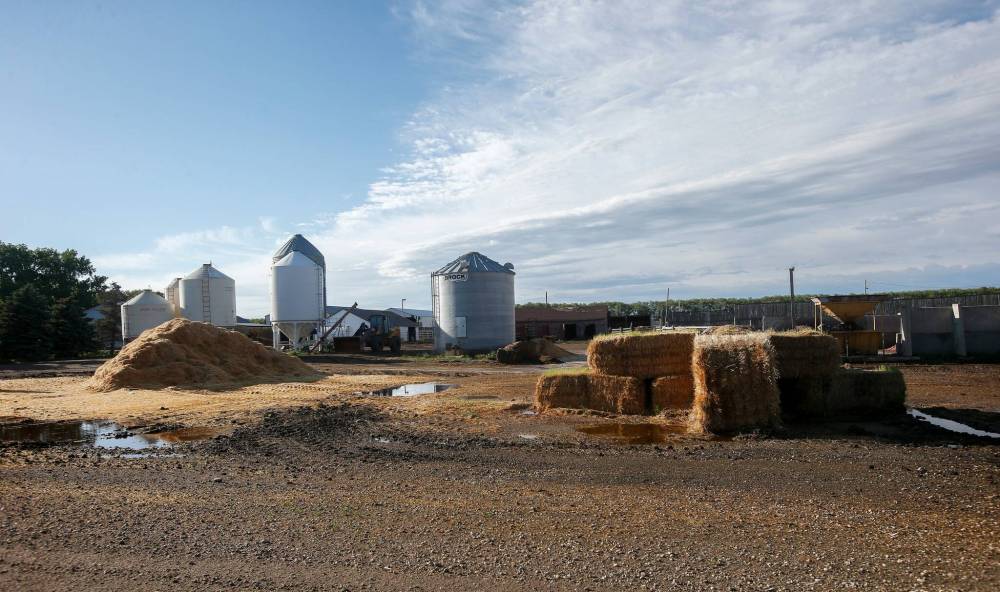
Shed churches have been a topic of gossip locally, but few people are comfortable talking publicly about them.
Pastors from several established churches in and around Winkler declined to comment.
Winkler Mayor Martin Harder said he is aware of two shed churches in Stanley that are still meeting.
Both were “fairly significant in their gatherings,” he said.
Harder said he “hated to see” the divide that arose during the pandemic.
In an earlier interview, he said the damage to some relationships is “pretty deep,” and some people might find it it difficult to return to the churches they left.
Rev. Erik Parker, who was outspoken about churches that breached public-health orders, suggested there may be no going back for people who joined a shed church based on opposition to mandates.
“For most of those folks, the big thing about going back is you have to admit you were wrong,” said Parker, pastor at Winnipeg’s Sherwood Park Lutheran Church. “You can’t pretend nothing happened. There’s a big rift between people.”
“For most of those folks, the big thing about going back is you have to admit you were wrong.” – Rev. Erik Parker
Stanley Reeve Morris Olafson said he doesn’t keep track of shed churches.
He said the church near Haskett — Country Harvest — is no different from any other spinoff.
“I wouldn’t call it a pandemic church. I’d call it an offshoot that wanted to do their own thing,” said Olafson.
In the neighbouring RM of Rhineland, Reeve Don Wiebe said he isn’t aware of any new churches registering with the municipality’s office.
“Apparently, there were some informal gatherings. But I am not aware that they have continued,” he wrote in an email.
Parker said it’s not easy for a church to make the transition from a “temporary community” to a permanent one.
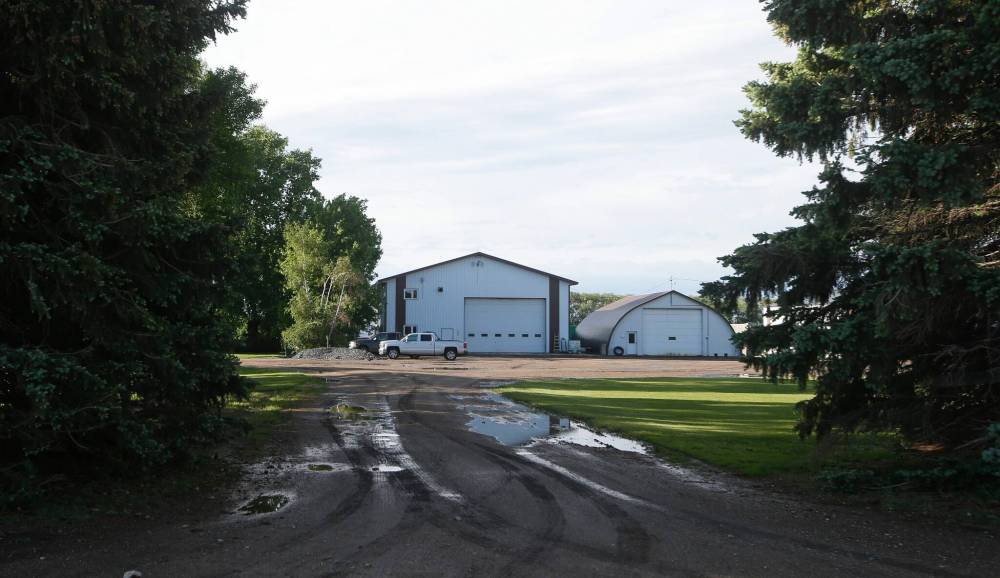
“It’s relatively easy to rent a hall or find a barn and have a gathering, but to transition to a formally organized church you usually need the support of a formal denominational structure,” he said, adding the benefits of such a structure, especially when seeking charitable status or purchasing property, include funding and direction.
“You have to come up with a lot of money and enough families to make a go of it,” he said.
The main reason a church seeks charitable status is the ability to provide tax receipts to donors, said lawyer Leilani Kagan, a partner in the tax and estate-planning group at Thompson Dorfman Sweatman in Winnipeg.
To meet the federal government’s public benefit test, applicants must show their purpose and activities are charitable at law, they are financially sustainable and a board of elders is qualified, among other things.
“The application process itself is quite a lot of work,” said Kagan. “They have to prove they are advancing a religion, and they would have to describe how they are doing it.
“The application process itself is quite a lot of work… They have to prove they are advancing a religion, and they would have to describe how they are doing it.”– Leilani Kagan
During background checks on applicants, CRA staff search the internet for things such as social media profiles or news articles, she said.
On its website, the CRA says applicants can be rejected if an organization is found to be set up for “illegal purposes or for purposes that are contrary to public policy.”
chris.kitching@freepress.mb.ca
Twitter: @chriskitching
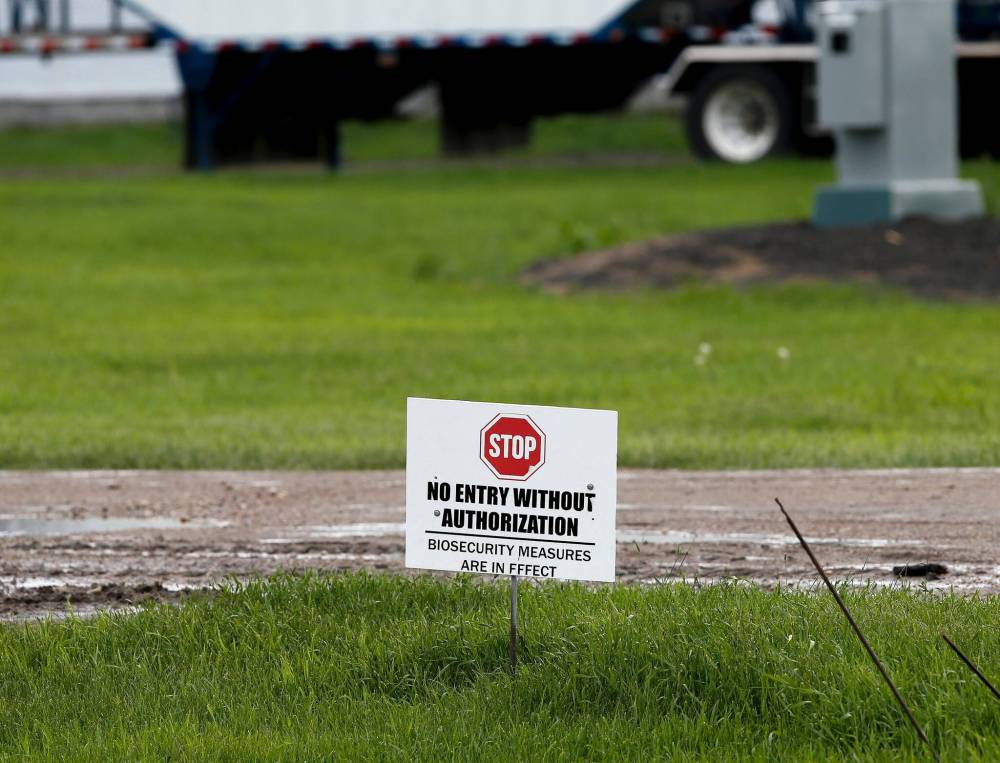
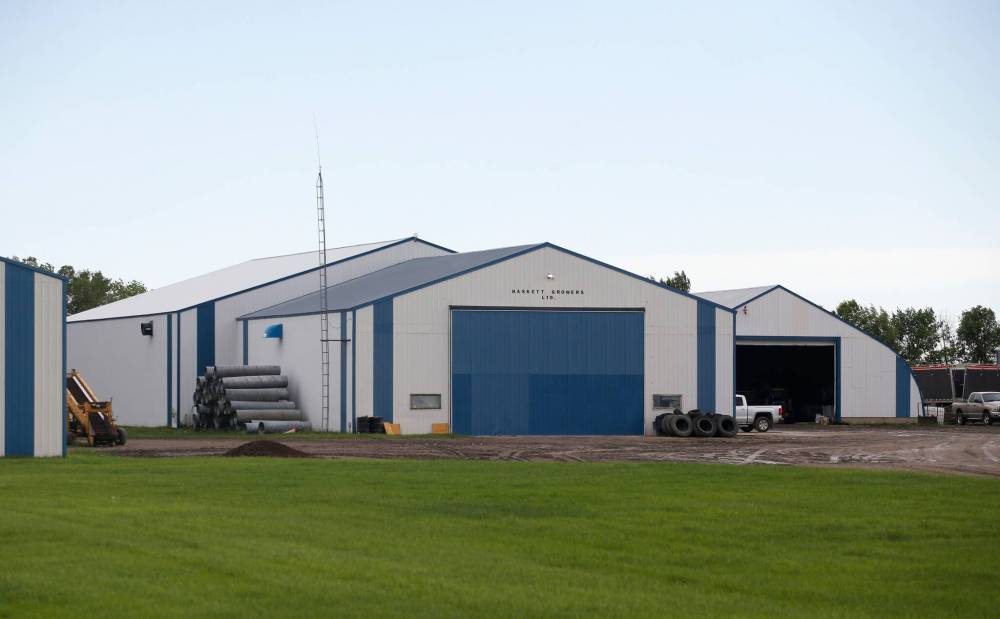
As a general assignment reporter, Chris covers a little bit of everything for the Free Press.
Our newsroom depends on a growing audience of readers to power our journalism. If you are not a paid reader, please consider becoming a subscriber.
Our newsroom depends on its audience of readers to power our journalism. Thank you for your support.


